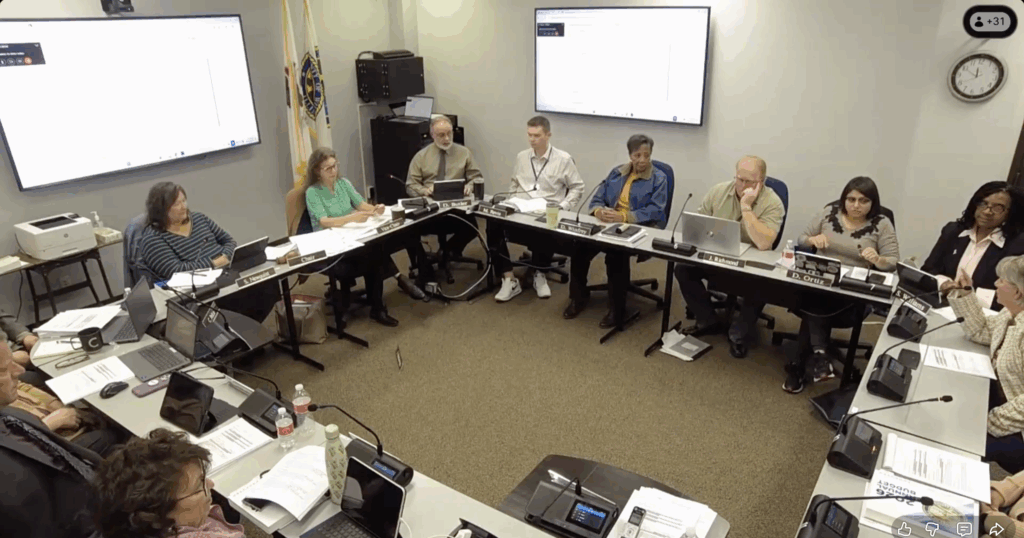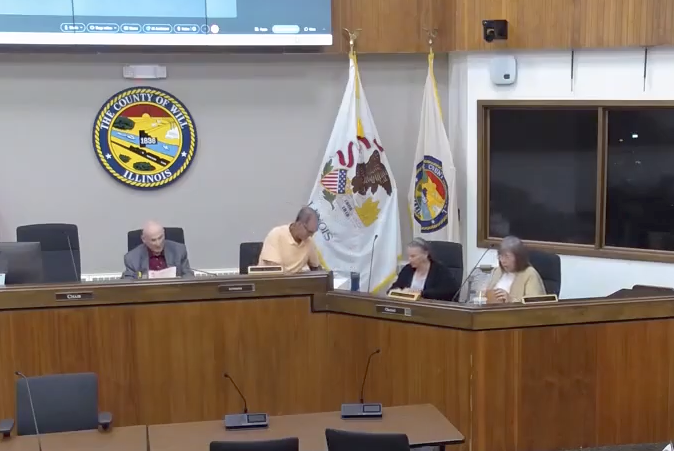
Report: average American to receive $3,752 tax cut in 2026 due to OBBBA
The White House is touting a new economic analysis that estimates taxpayers will see an average $3,752 tax cut in 2026, due to provisions in the One Big Beautiful Bill Act.
According to the nonpartisan Tax Foundation report, taxpayers in every state will see reduced federal taxes next year, though there is “considerable geographic variation” in tax benefits.
“President Trump’s One Big Beautiful Bill is the largest, most consequential tax cut on the middle class ever,” White House Deputy Press Secretary Anna Kelly said Friday. “Between lower inflation, massive investments, and historic tax cuts, all Americans are reaping the benefits of the Trump Economy – and the Golden Age has just begun.”
Republicans’ multitrillion-dollar OBBBA, among other things, made permanent the expiring 2017 Tax Cuts and Jobs Act’s across-the-board reduced tax rates; $15,000 standard deduction; $2,000 Child Tax Credit; 20% QBI deduction for small businesses; and $750,000 home mortgage interest deduction cap.
Three key business tax credits were made permanent as well – full reimbursement for new capital investments like machinery and equipment, an expanded deduction for corporation’s interest on debt, and immediate deductions for companies’ research costs.
The OBBBA also implemented a host of temporary tax provisions set to expire in 2030, including a quadrupling of the $10,000 state and local tax (SALT) deduction cap; a $6,000 deduction for seniors; and temporary tax deductions for tips and overtime pay, capped for single filers at $25,000 and $12,500, respectively.
Taken together, the Tax Foundation analysis estimates that the OBBBA’s tax provisions will lower individuals’ taxes in every state and create 938,000 full-time jobs in the long run.
Individuals in Wyoming, Washington, and Massachusetts will see the largest average tax cuts in 2026 – hovering around $5,100 – while residents of West Virginia and Mississippi will see the smallest average tax cuts that year, around $2,400. On a more local level, taxpayers in mountain resort towns will receive the highest average tax benefits while taxpayers in rural counties will receive the lowest tax benefits.
Once the temporary tax provisions expire, however, the average tax cut will fall to $2,505 in 2030, then climb to $3,301 by 2035 due to inflation.
Although individual households will benefit from the tax cuts, the country’s fiscal health likely won’t, according to budget watchdogs like the Congressional Budget Office. CBO estimates that the trillions in lost federal revenue will add an extra $4.1 trillion to the national debt by 2034.
The U.S. national debt just topped $37 trillion, as The Center Square reported.
Latest News Stories
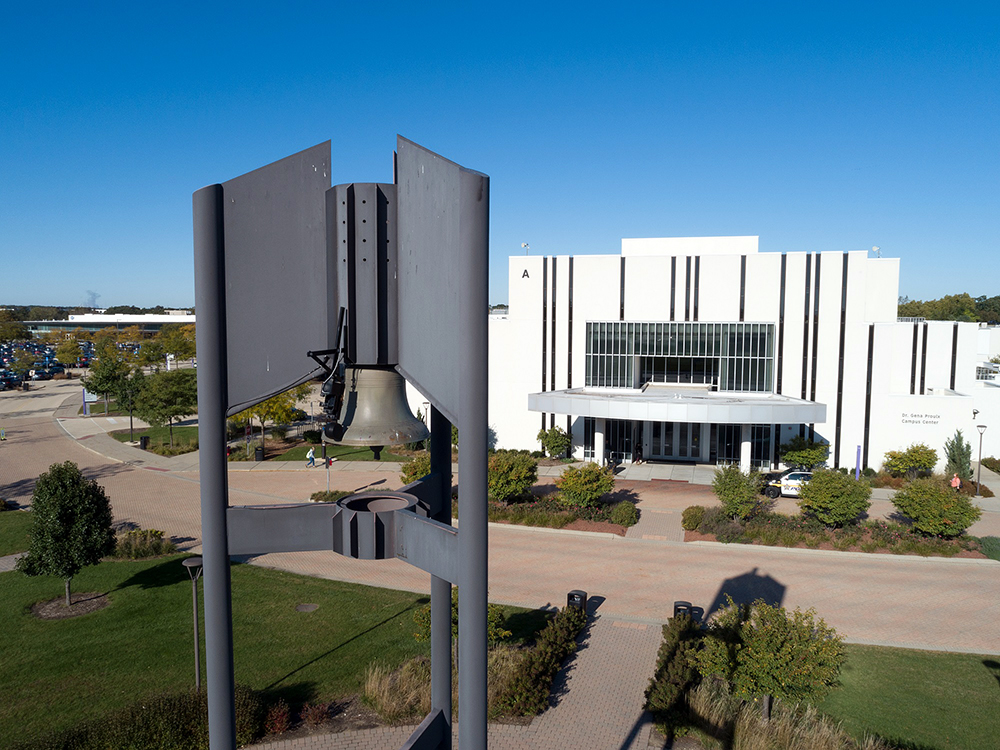
JJC Advances ERP Modernization with New Vendor and Two-Year Budget
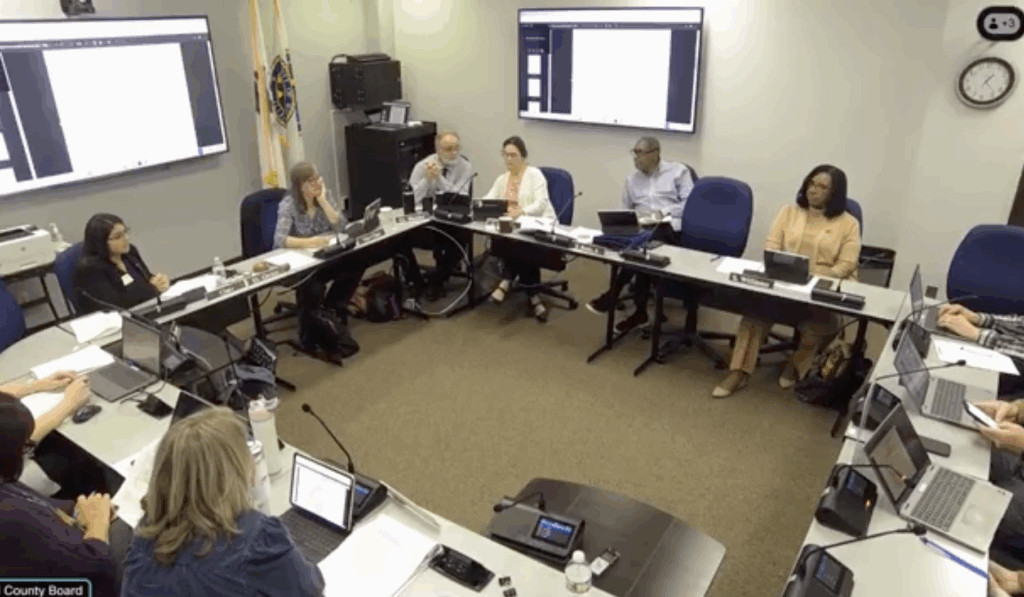
Will County Committee Shapes 2026 Legislative Agendas on Housing, Energy, and Health
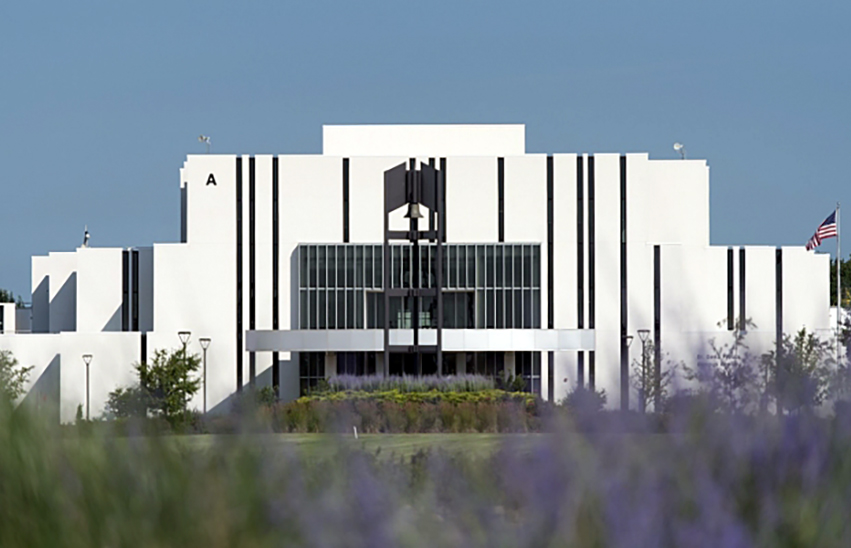
JJC Authorizes Land Buy for Grundy County Expansion, Secures Site in Morris

Commission Grants Green Garden Solar Farm Project Variance Extension
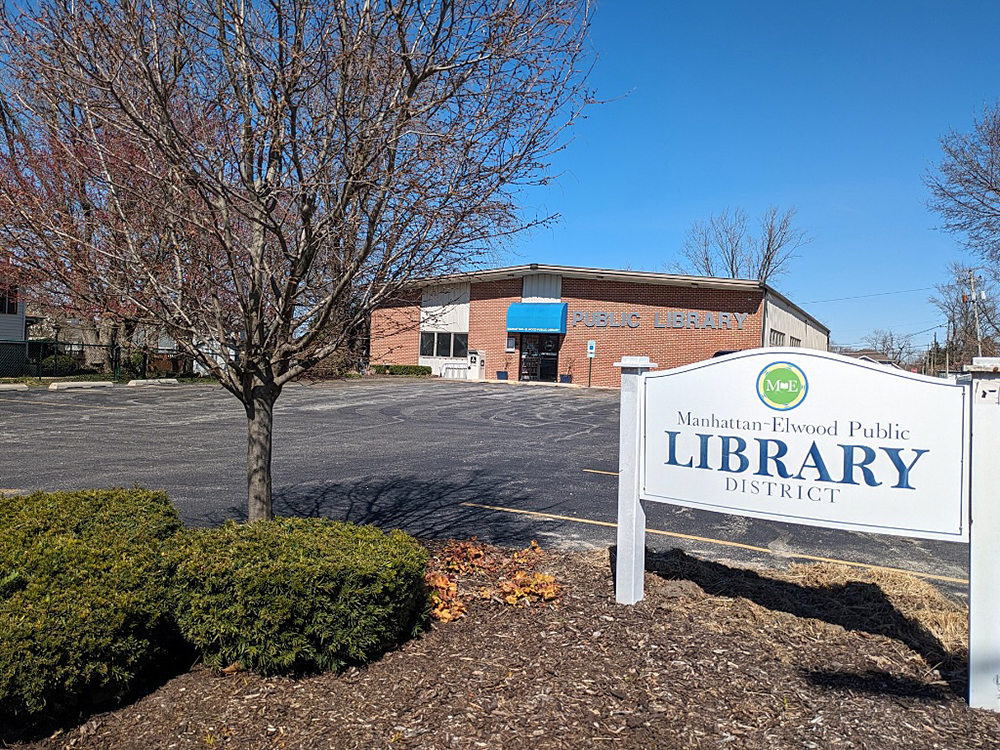
Manhattan-Elwood Library Board Approves Annual Tax Levy
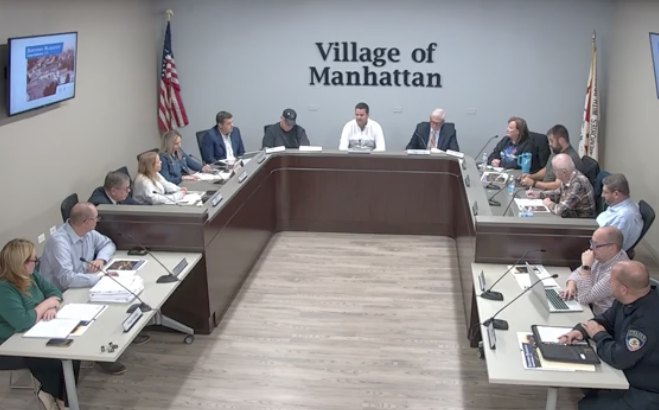
Manhattan Adopts Downtown Design Guidelines to Unify and Revitalize Village Center

Will County Committee Advances Phased Takeover of Central Will Dial-A-Ride Service

Manhattan Grapples with Route 52 Safety After Tragedy, Demands Action from IDOT
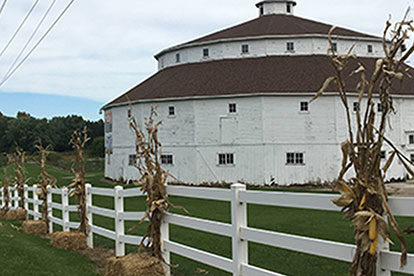
Manhattan Park District Ratifies Emergency Purchase of Bucket Truck for $36,500

Meeting Summary and Briefs: Will County Planning and Zoning Commission for October 21, 2025

Meeting Summary and Briefs: Will County Board Finance Committee for October 21, 2025
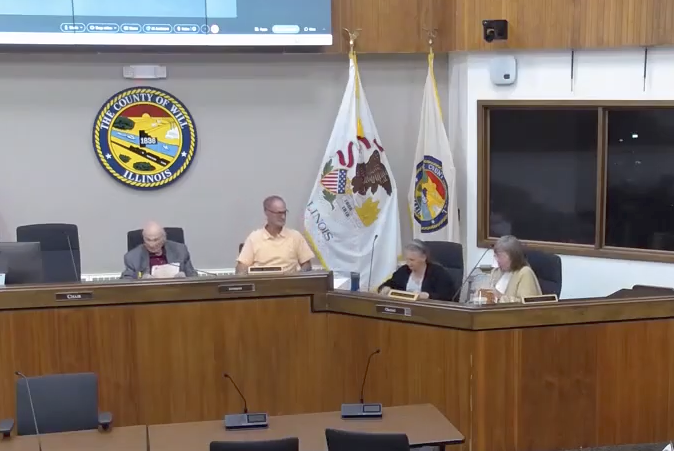
Crete Township ‘Tiny Home’ Owner Appeals Permit Denial

